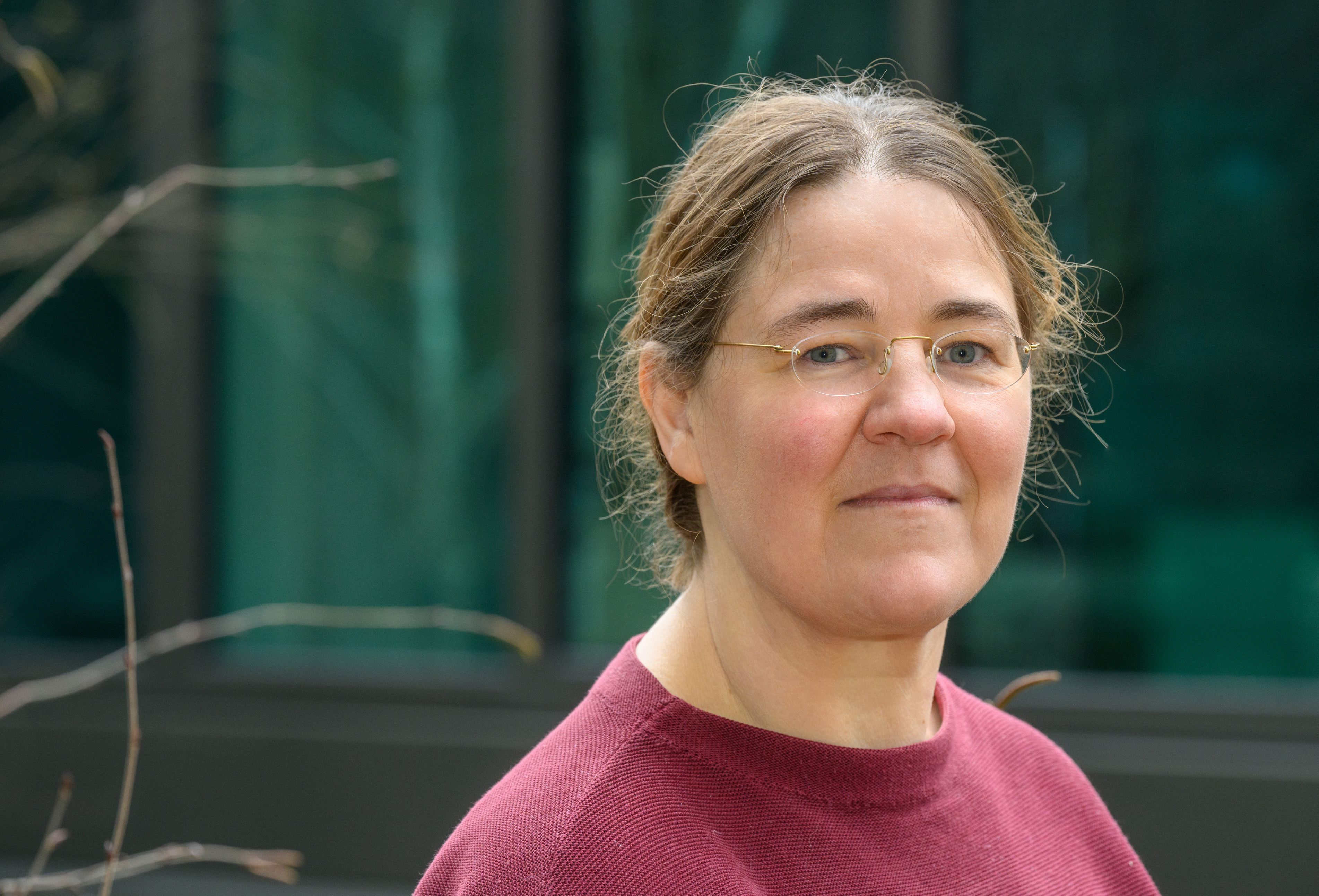Prof. Dr. Ulrike Herzschuh - Gottfried Wilhelm Leibniz Prizewinner 2024
Geoecology, Alfred Wegener Institute, Potsdam, and University of Potsdam
Ulrike Herzschuh is awarded the Leibniz Prize for her outstanding work in the field of geoecology, through which she has made numerous contributions to understanding the influence of climate fluctuations on biodiversity in recent geological history and the functioning of polar regions. Herzschuh’s research at the interface between geoecology and palaeoclimate is currently particularly relevant because information about the Earth’s recent history allows important conclusions to be drawn about present-day climate developments. Her working group has applied and developed numerous innovative research methods to investigate the key question of the long-term effects and consequences of climate fluctuations. For example, her group has played a leading role in establishing methods for analysing fossil DNA in lake and marine sediments as an indicator of changes in biodiversity. Herzschuh has also been instrumental in developing new vegetation models based on the characteristics of individual plants. In the course of extensive excursions to some of the most remote places on earth, she has also been able to collect data sets that reveal the links between climate change and biodiversity distribution in the Earth’s history.
Ulrike Herzschuh completed her doctorate at FU Berlin in 2004 before going on to work at the University of Bergen in Norway. She became a junior professor at the University of Potsdam in 2005. Since 2012 she has headed the Polar Terrestrial Environmental Systems Section at the Alfred Wegener Institute (AWI), Helmholtz Centre for Polar and Marine Research, and is also a professor at the University of Potsdam. Herzschuh was elected the German representative on the international expert committees “International Arctic Science Committee” and “Conservation of Arctic Flora and Fauna”. She received an ERC Consolidator Grant in 2018.
